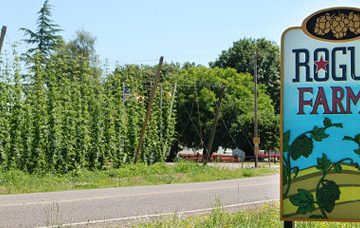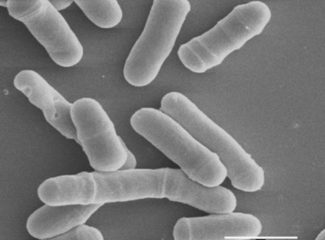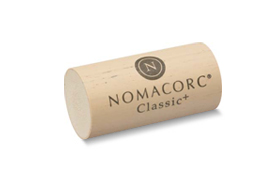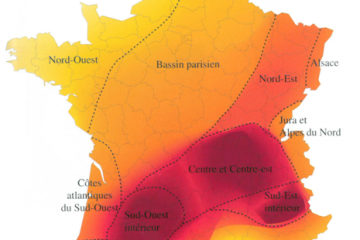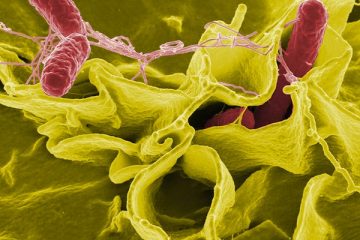Beer is playing catch-up. Craft brews have recently begun earning the kind of respect, devotion, bottles, and prices heretofore reserved for grape-derived beverages: the so-called “wine-ification of beer.” Respect and devotion leads to sensory analysis, and – in our oenophilic culture – sensory analysis leads to terroir. And terroir leads
I feel as though I need to whisper this, but I think that yeast might be trendy. The furor (both supportive and critical) over natural wine is bleeding over into an interest in the “wild” yeasts that contribute to their distinction, and whether or not they're really “wild.” Meanwhile, a
Palate Press has selected our favorite stories from 2013 and will publish Redux articles over the holidays, starting with a week featuring Palate Press Columnists. The editorial board hopes you enjoy these highlights as we look forward to bringing you the best stories for your palate in 2014. ••• t this point, its reasonably
A little over two years ago, I wrote a piece for Palate Press entitled “Screw cap vs. Cork: Which is Greener?” in which I compared what we know about the environmental impact of natural cork versus aluminum screw caps. Cork came out clearly on top, save for the strong and
If you're at all interested in French wine, you've heard that parts of Bordeaux were smashed by multiple severe hail storms this past July, August, and September. While many of the swankiest appellations were spared, damage to parts of Entre-Deux-Mers, along with Sainte-Estèphe and Pauillac, was flabbergasting. Some vineyards lost
[box] (and why electronic tongues are cool, but insufficient)[/box] Proteins in saliva bind tannins. Tannins are molecules responsible for astringency (and some bitterness) in red wine. When tannins bind with salivary proteins, which ordinarily keep your mouth feeling nice and slippery, your saliva becomes less viscous – dry-feeling – while
The last time wine safety really made the news was when, in 1985, some Austrian winemakers were found bulking up their wine with diethylene glycol. Used as an ingredient in some kinds of antifreeze, it added sweetness and body to wine, along with the potential for liver, kidney, and brain
Now that we know that Mars is capable of holding an atmosphere, it’s only a matter of time until we put one up there again. When we do, I hope that the citizens of Earth have it together enough to make a joint decision about what to do with it

